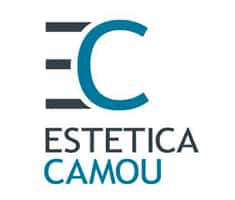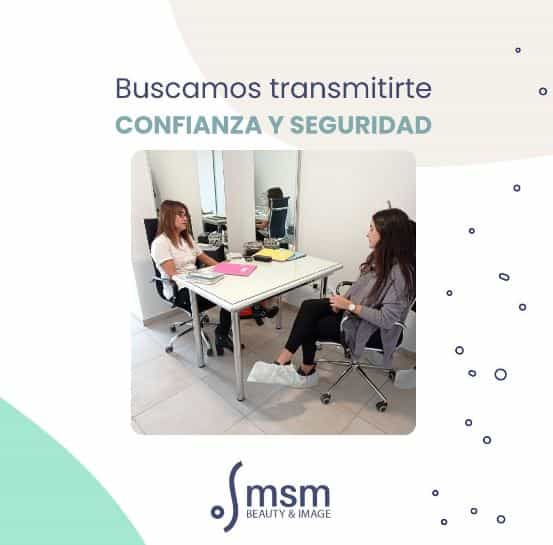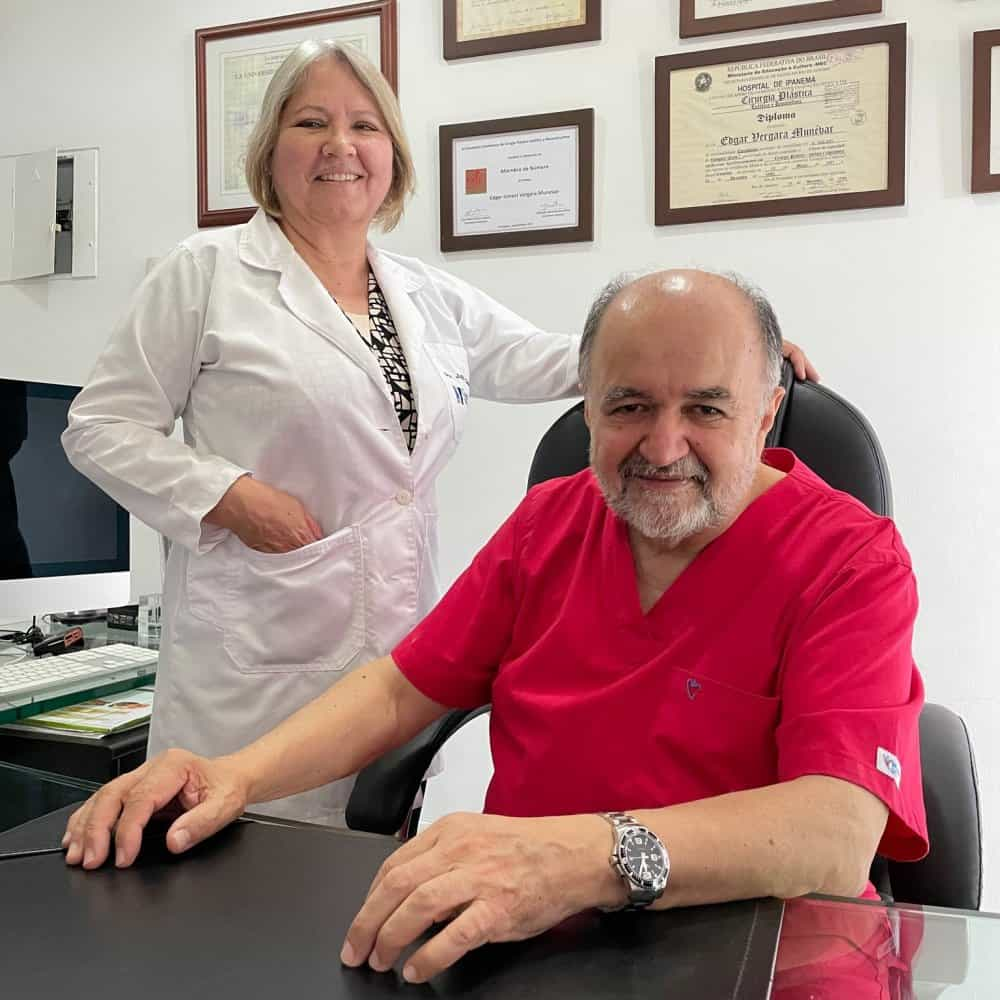Tourists have long felt the pull of Argentina's stunning landscapes, vibrant culture and sumptuous gastronomy. However, as demand soars for a low cost tummy tuck or affordable fertility treatment, a new attraction is drawing scores of international visitors to the country: the surgeon’s knife. Reports show that the number of patients from the US flying to Argentina for medical procedures has increased by 75% in the last 12 months.
The world over, the medical tourism industry is on the rebound. Emerging from the snares of the recent economic recession, it is projected to be a US$100bn global industry by 2010, according to the Deloitte Centre for Health Solutions. For millions of people, integrating medical procedures with travel is the future of healthcare. For a rapidly increasing number, the destination of choice is Argentina.
"Unquestionably, finances are driving the trend," asserts Dr Diego Schavelzon, co-founder of Buenos Aires aesthetic surgery, Clínica ByS and president of the Argentine Chamber of Plastic Surgery Centres. He explains that a facelift costing US$15,000 in the US is priced at US$5,000 in Argentina. Fertility treatments offered by doctors in London for £50,000 come to around US$15,000 in top Buenos Aires clinics.
Low Price, High Quality
"Not only is treatment cheap here, but it is generally extremely high quality," adds Dr Guillermo Blugerman, also of Clínica ByS and the president of the Argentine Association of Cosmetic Medicine and Surgery. He attests that Argentina's economic history is significant in the development of their medical expertise. "Before 2002, when the Argentine peso was fixed to the dollar, travel became very feasible. Abroad, we learnt new techniques and bought advanced equipment."
Argentine doctors developed highly specialised surgical skills, focussing on aesthetic treatments, artificial insemination and cardiology. When the economy imploded and the currency was devalued in 2002, prices dropped. Expertly honed medical methods fell to a third of their previous price, making them instantly accessible to a wider global market.
"The first people to take advantage of this were the Chileans," Dr Blugerman recalls. "Word travelled fast about our excellent medical practices, which now sat at affordable prices." In the two years following Argentina's economic crisis, Clínica ByS alone experienced an influx of over 3,000 Chilean aesthetic surgery patients.
Today, medical tourists travel to Argentina primarily from less medically advanced Latin American countries, as well as expensive parts of Europe and the United States. Dr Schavelzon emphasises: "We are not necessarily better than anyone else; we just have a lot working in our favour. There are great surgeries all over the world, and there are cheap destinations. Argentina combines the two."
"What better way to recover from surgery than a stroll through the Palermo parks, or enjoying steak and Malbec?" Laura Szerman is an in-country representative for PlacidWay, a North American online resource provider for the medical tourism industry. Through such companies, tourists can buy packages, which include consultations, treatment, flights, accommodation, a mobile phone and on-call assistant to guide them through the experience.
"People love Buenos Aires because it's the 'Paris of Latin America'," she explains. One of her patients, 'OT', travelled here for rhinoplasty and breast enlargement. She says: "I always wanted to travel to Argentina because I considered it the most cosmopolitan country of South America. I felt that I was on an amazing vacation while about to have elective cosmetic surgery."
However, Szerman stresses that, "clients must remember they are medical tourists; they are here for a medical procedure." Patients should not expect to undergo surgery, then dance tango and lie on a beach. After plastic surgery, you should actually avoid sunlight. “Expect a magical trip, but not a miracle recovery. At PlacidWay, we take great pains to ensure the experience is correctly promoted."
Nonetheless, most medical tourists seem fully aware of what lies ahead. Szerman calls this: "research mode". Having decided to spend thousands to traverse the globe for complex surgery, they arrive well informed of the procedures, leaving nothing to chance. The key to the explosion and development of the medical tourism phenomenon is that it can be researched, primarily via the internet.
Pramod Goel is the founder of PlacidWay. With a database of more than 5,000 doctors and clinics in over 60 countries, he describes how "hidden treasures", like the expertise of the Argentine medical industry, are now entirely accessible. “The healthcare industry is no longer localised. We created a portal detailing exactly what is out there."
He believes that medical tourism has grown because, "not only is the entire planet more easily reached, thanks to the advances in transport, but there is enough information at our fingertips to discover a country's top doctors, without ever having set foot there."
Goel asserts that people need no longer fear being conned or put at risk by 'cowboys' (novice surgeons attempting complex procedures). Listings are available of clinics which are both certified and recommended, based on exhaustive research, carried out by in-country experts in the medicine, technology, travel and hospitality industries.
Dr Sergio Pasqualini is an infertility treatment expert with the Fundación Halitus in Buenos Aires. He agrees that the depth and clarity of sites like PlacidWay has made medical tourism appealingly manageable. "Packages omit dangers of paying for the unknown. It’s also relaxing to know that everything has been planned." Goel champions the simplicity of buying a package medical holiday as a commodity: “A one-stop means of creating a memorable health tourism experience."
However, many Argentine clinics, including Fundación Halitus and Clínica ByS say they would never offer packages, preferring to deal with patients on a purely medical level. Dr Blugerman states: "If people need advice about a hotel, we'll give it, but we’re not organising your trip, just your body."
"Packages are less common for infertility treatments." Dr Pasqualini opines that the norms and complexities of the industry are entirely different to those of aesthetic surgery: "Aside from lower prices, excellence in the field and the illegality of egg donation in many countries, people tend to choose Argentina for more personal reasons: perhaps they have family here, or an emotional connection to the place."
"Sometimes they need to be somewhere utterly removed from their life back home. Travelling for infertility treatments can be difficult. There is always a chance it won't work." Szerman affirms: "When people come with fertility issues, it is often very sad. These treatments can also take a painfully long time."
The short duration of new procedures such as 'laser surgery' explains their popularity amongst medical tourists. They are minimally intrusive, with rapid recovery periods, leaving ample opportunity to see Argentina. To facilitate recovery time for more rigorous surgery, Szerman explains that Buenos Aires is an attractive destination for its relaxing cultural offerings. "The San Telmo feria is a favourite."
Furthermore, Buenos Aires is considered a perfect aesthetic surgery destination due to porteños' body image obsession. In a country where 1 in 30 of the population has gone under the knife, Dr Blugerman believes: "many feel comfortable recovering in a place where surgery is less taboo.
"Visitors must understand that there are no guarantees in medicine. However, Argentina offers some of the best surgery available. Word of this medical expertise is gradually diffusing throughout the world."
Pramod Goel declares: "With the correct research systems in place, we can endow prospective medical tourists with the information to discover Argentina's unique medical offerings. Thus, the medical tourism phenomenon can develop from a popular trend to a fully fledged industry."
The New Medical Tourism Mecca
Medical Procedures in Argentina, International Visitors in Argentina, Healthcare in Argentina, Medical Tourism Industry in Argentina, Buenos Aires Aesthetic Surgery, Argentine Chamber of Plastic Surgery Centres, Fertility treatments in Argentina, Top Buenos Aires Clinics, Medical Expertise in Argentina, Aesthetic Treatments in Argentina, Artificial Insemination in Argentina, Cardiology in Argentina, Heart Surgery in Argentina, Cosmetic Surgery in Argentina



.png)



.png)

.png)





